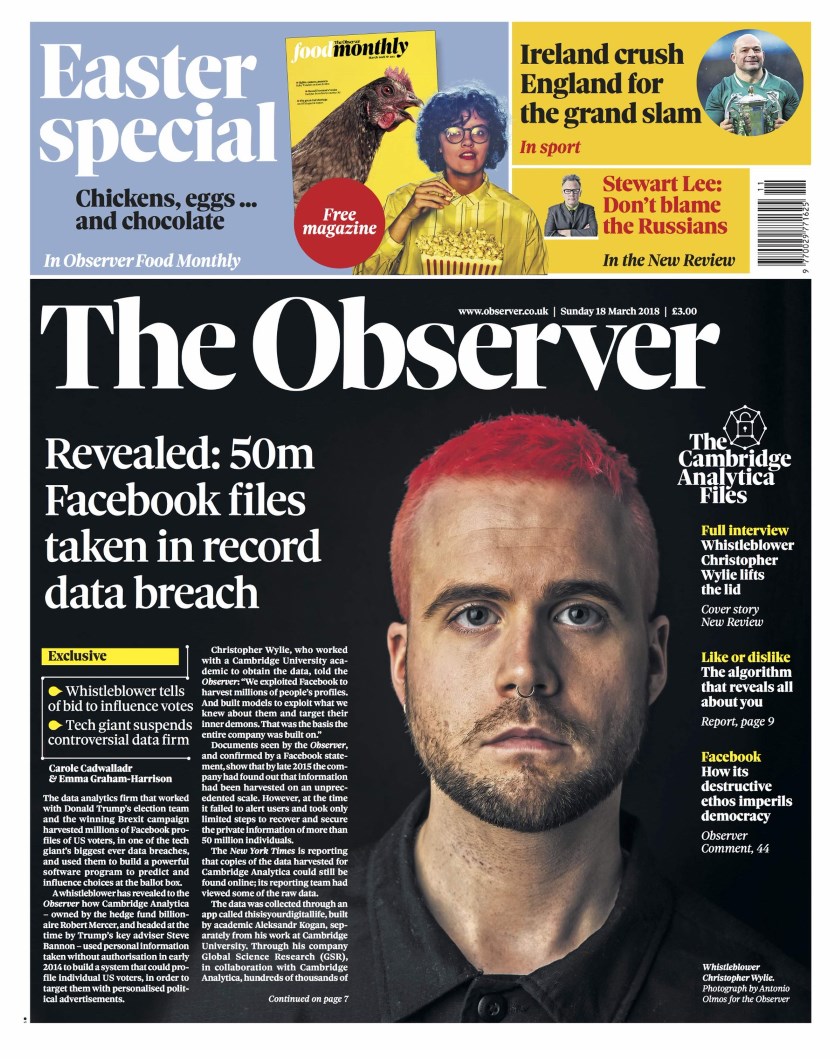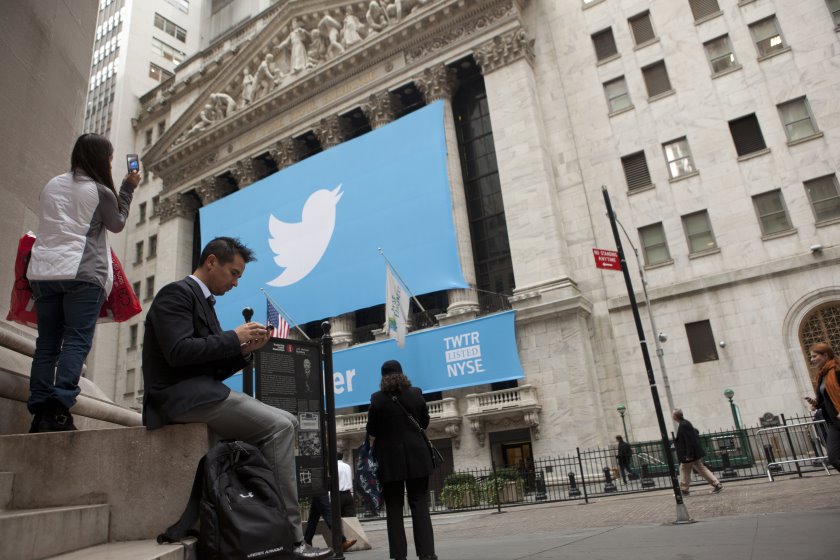

The tipping-point has been reached: on some of my photos, fake Instagram account likers outnumber human beings. In terms of comments, spam outnumbers real ones. Of my last ten likers, nine were fake accounts. And we know that when some sites get to this point, they begin dying.
Yet it’s frightfully easy to spot the fake accounts. Many have the same description, or a mixed combination of various sentences (e.g. ‘Bacon trailblazer. Friendly pop culture ninja. Unapologetic gamer. Beer enthusiast’). Many have the same photographs—both profile and content.
The problem has gone on for weeks, even months, but on the social networks now is the hashtag #Instaspam—something Facebook’s thousand million-dollar purchase might come to be known by, if the company doesn’t get a handle on fake accounts.
A few of the ones I reported a fortnight ago still have active accounts, so I wonder if anyone there cares.
Yet, if folks like us can spot a fake account a mile away, how come the real experts—the boffins whose Nginx servers are being dragged down by this—haven’t been able to target them?
But this is Facebook, I remind myself: a company that stopped caring years ago.
I remember the good old days when I received replies from Facebook staff, from basic issues to trade mark disputes. Those days are long gone, and Instagram is now part of the big machine.
In the last few weeks, I’ve been losing feature after feature on Facebook, with links that can no longer be clicked on, tags that can no longer be done with a person’s first name alone, and other little glitches. But we know that Facebook is broken, and even bug reports are now considered spam.
It’s in direct contrast to Tumblr, which reached 100,000,000 users over the last week. The company is still in the habit of replying to emails and while some of those are copy-and-paste ones, at least you know something is being looked at. Since a lot of fake Instagram accounts have fake Tumblogs tied to them, I’ve reported my fair share—and received either an automated response or a personal one from Tumblr.
It makes you wonder if Tumblr staff use their service and understand the user experience—all of its recent changes actually work and are bug-free, and are improvements on the service—while Instagram is now in the Facebook culture of “too big to care”.
And that’s the distinction between understanding your public and being locked up in your ivory tower, dealing with only the issues at hand.
If I deal with a company, I’d like to know that the leaders have a good grasp of their communities, as well as the world at large. If it’s just about them and their boards, then it’s a cinch that things aren’t healthy there—and, sometimes, a clue to dropping share prices.
Even at the city or state level, that engagement is vital—which brings me to this interview with California Lieutenant-Governor Gavin Newsom.
It’s been fascinating reading Gavin’s views in this interview, where he mirrors some of my thoughts about bottom-up governance and citizen engagement (you know, the stuff I talked about in my 2010 campaign). Sometimes, if you elect politicians, you get politics as usual. Put in someone who has had real business experience—Gavin has 17 businesses—and you might start getting ideas for real change.
Stop engaging, as Facebook and Instagram have, and we may be looking at another Vox: a site which, in the late 2000s, also let spam get out of hand. Splogs were being set up in an automated fashion, left, right and centre. Legitimate bloggers, as I was on that site, were locked out. Eventually, Six Apart, which owned Vox, shut the place down—despite a healthy community of real bloggers. But even toward the end, things were looking less and less viable. Instagram could well have jumped the shark—and if the issue isn’t fixed, it could be to Facebook what Myspace was to the Murdoch Press.








Instagram in particular is a little lost on me: I never quite saw the appeal in digitally created nostalgia.
But I do think I understand what you’re talking about. I’m experiencing this with Flickr, especially by way of Yahoo. My father-in-law’s account was banned three times and deleted, and we haven’t even begun to figure out what was wrong. He almost left, but decided to stay in light of his own circle of followers and their support.
We do suspect (and I include some Flickr friends in that ‘we’) that it might be a “too big to care” sort of problem. We get canned responses every single time. We have no idea how things go besides a ToS and Community Guidelines where it seems mostly that Yahoo! is covering its butt.
J., I see Instagram as making a social network status update but using a photo instead of words.
Yahoo! has been terrible at customer service for years. It deleted one of my Yahoo! Groups due to a glitch at the turn of the century. I violated none of the terms, but the entire contents of the group vanished. All I got over days were the standard replies. The group is still there (http://groups.yahoo.com/group/Lucire/) but, as you can see, nothing else is.
I understand now, Jack. That is largely how I use Flickr right now, albeit just really not at the plethora pace that Instagram and Twitter encourage (very few mobile devices at our home, and some would say the PDA doesn’t count).
I have been looking for an alternative, but I would guess that Instagram would be a bad choice for me.